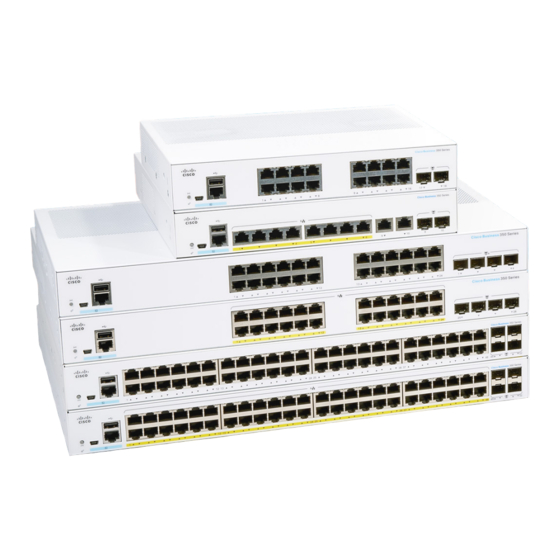Important Notes
Click Apply or OK to apply the setting. The access point or bridge reboots.
Step 3
Select WEP Key 1 as Transmit Key for EAP Authentication
If you use Network-EAP as the authentication type on your wireless network, you must select key 1 as
the transmit key on the access point or bridge AP Radio Data Encryption page. The access point or bridge
uses the WEP key you enter in key slot 1 to encrypt multicast and broadcast data signals that it sends to
EAP-enabled client devices. Because the access point or bridge transmits the WEP key used for multicast
messages to the EAP-enabled client device during the EAP authentication process, that key does not
have to appear in the EAP-enabled device's WEP key list. The access point or bridge uses a dynamic
WEP key to encrypt unicast messages to EAP-enabled clients. When you set up a non-root bridge or
repeater access point to authenticate as a LEAP client, the bridge or repeater derives a dynamic WEP
key and uses it to communicate with the root bridge or access point. Bridges and repeaters not set up for
LEAP authentication use static WEP keys when communicating with other bridges and access points.
If you do not use EAP authentication on your wireless network, you can select any WEP key as the
Note
transmit key. If you use EAP authentication and you enable broadcast key rotation, you can enable WEP
without entering WEP keys.
Important Notes
This section lists important information about access points and bridges running firmware version
12.01T1.
Reboot of Workgroup Bridges Required When Allowing More Than 20
With firmware version 12.01T1, you can select no for the Classify Workgroup Bridges as Network
Infrastructure setting on the AP/Root Radio Advanced page to allow up to 50 workgroup bridges to
associate to the access point or bridge. After selecting no for this setting, you must reboot workgroup
bridges associated to the access point or bridge.
Cisco Discovery Protocol Re-Enabled for Individual Interfaces on Reboot
The Cisco Discovery Protocol (CDP) feature is enabled by default, and CDP is enabled for each of the
access point's or bridge's individual interfaces by default. However, if you disable CDP for one of the
individual interfaces, the access point or bridge re-enables CDP for that interface when it reboots. If you
disable CDP completely, the access point or bridge does not re-enable CDP on reboot.
Release Notes for Cisco Aironet 340 and 350 Series Access Points and 350 Series Bridges Running Firmware Version 12.01T1
6
802.1x-2001 (formerly Draft 10)—This is the default setting in firmware versions 11.06 and
•
later. Select this option if client devices that associate with this access point or bridge use
Microsoft Windows XP EAP authentication or if LEAP-enabled client devices that associate
with this access point or bridge use radio firmware version 4.25 or later.
OL-3740-01

